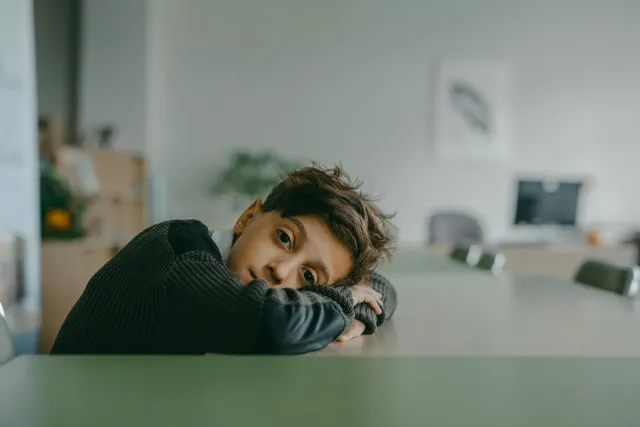Introduction

In the 4-H positive youth development program, youth pledge their "health to better living." Supporting the health and wellbeing of our young people is an important component of the 4-H program. This emphasis on healthy living also aligns with our University of California Cooperative Extension public value of "promoting healthy people and communities." When we think of health, sometimes we focus on our physical health and forget about our mental health. The reality, however, is that both are critical for healthy human development.
In previous blog posts, I describe what is mental health and the relationship between adverse childhood experiences (ACEs) and healthy developmental contexts. Recently, I was invited to Red Bluff CA to speak with 4-H shooting sports project leaders about youth mental health, which you can read about in this blog post. The more I speak with people in the four counties I serve (Placer, Nevada, Sutter, and Yuba), I realize that many people care about the mental wellbeing of our young people.
Importance of Sleep
Sleep is one important factor that is related to youth mental health. Researchers have written extensively on the topic of sleep and mental health. One study of adolescents in the U.S. (n=10,123) found that suboptimal sleep patterns were related with mental disorders and health-related outcomes, such as anxiety, substance use, and suicidality (Zhang et al., 2017). Another study of youth (ages 6-11) found that sleep and mental health symptoms were highly related (Van Dyk et al., 2016). These studies provide important evidence that illustrate the relationship between sleep and mental health.
Sometimes, we may find ourselves in places (e.g. a 4-H project meeting) where youth are showing patterns of potential sleep challenges. When this happens, what should we do?
Considerations
Given that 4-H serves many youth, our 4-H adult volunteers can play a critical role in supporting the health and wellbeing of young people. The following are three ways 4-H volunteers can help support young people who may show patterns of observable signs or reported symptoms of a mental health or sleep challenge:
- If you observe a youth who may be experiencing a health challenge, consider connecting the family with a health care professional (e.g. primary care doctors, school counselors, mental health therapists). 4-H volunteers are not trained in diagnosis or treatment of health challenges and as such, we should connect the family to health care professionals who can help with potential mental health and sleep challenges.
- Consider modifying 4-H educational activities that allow engagement for youth who may be experiencing a potential sleep challenge. For example, if a young person shows up to a 4-H project meeting and shows signs of being sleepy and not having energy, consider modifying the educational activity so the youth can participate at the energy level they are comfortable with.
- Showing empathy (i.e. understanding and sharing the feelings of others) to youth who may be experiencing a mental health or sleep challenge can increase a sense of belonging and trust. If a youth who appears sleepy or drowsy is having a hard time keeping up or remembering instructions, consider that there may be an underlaying health issue and respond to the youth with empathy.
References
Van Dyk, T. R., Thompson, R. W., & Nelson, T. D. (2016). Daily bidirectional relationships between sleep and mental health symptoms in youth with emotional and behavioral problems. Journal of pediatric psychology, 41(9), 983-992. https://doi.org/10.1093/jpepsy/jsw040
Zhang, J., Paksarian, D., Lamers, F., Hickie, I. B., He, J., & Merikangas, K. R. (2017). Sleep patterns and mental health correlates in US adolescents. The Journal of Pediatrics, 182, 137-143. https://doi.org/10.1016/j.jpeds.2016.11.007
